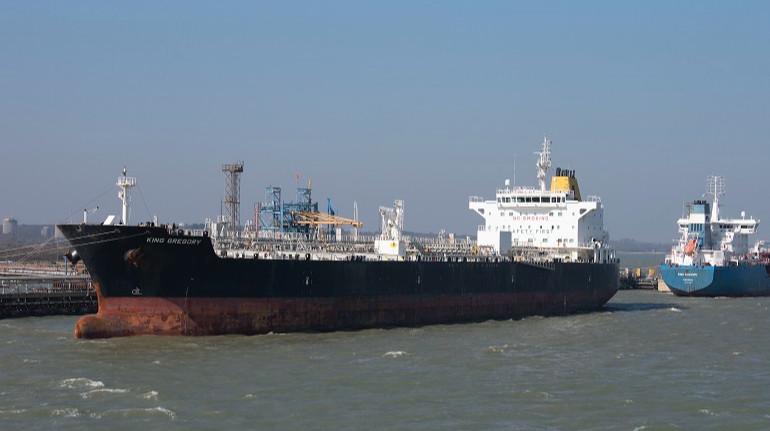About a thousand ships have accumulated in the Persian Gulf due to GPS jamming

Shipping in the Persian Gulf has faced massive traffic jams caused by jamming of GPS signals and restrictions on vessel movement during the day. This led to the accumulation of about a thousand ships, informs S\&P Global.
Shipping companies are recording an unprecedented backlog of vessels due to widespread electronic interference that disrupts navigation and communication systems. As a result, ship owners are forced to limit traffic during daylight hours, reducing the traditional 24-hour window to 16-18 hours.
Nearly a thousand ships are currently waiting to pass through the Strait of Hormuz, a strategically important route that transports about 20 million barrels of crude oil and 11 billion cubic feet of liquefied natural gas each day.
Shipping company executives also report difficulties in communicating with crews due to constant jamming of the GPS signal, which creates additional risks, including the possibility of collisions. One such case occurred on June 17, when two tankers collided near the Strait of Hormuz and caught fire. The official cause of the incident has not yet been established.
The increased danger is also linked to the risk of sea mines and the general military tension in the region, which forces ship owners to adhere to strict restrictions.
The situation has seen freight rates rise, with rates on the Persian Gulf to China route for VLCCs rising to £80, almost double the previous week’s level, according to Platts. Despite the fear of some analysts that in the event of a complete blockade of the strait, rates may fall due to the forced inactivity of tankers, most predict an increase in premiums for military risks.
The Strait of Hormuz remains a key source of revenue for Iran, which continues to supply oil to China despite sanctions. Military risk premiums currently remain stable, although overall market rates are seen as overpriced.





